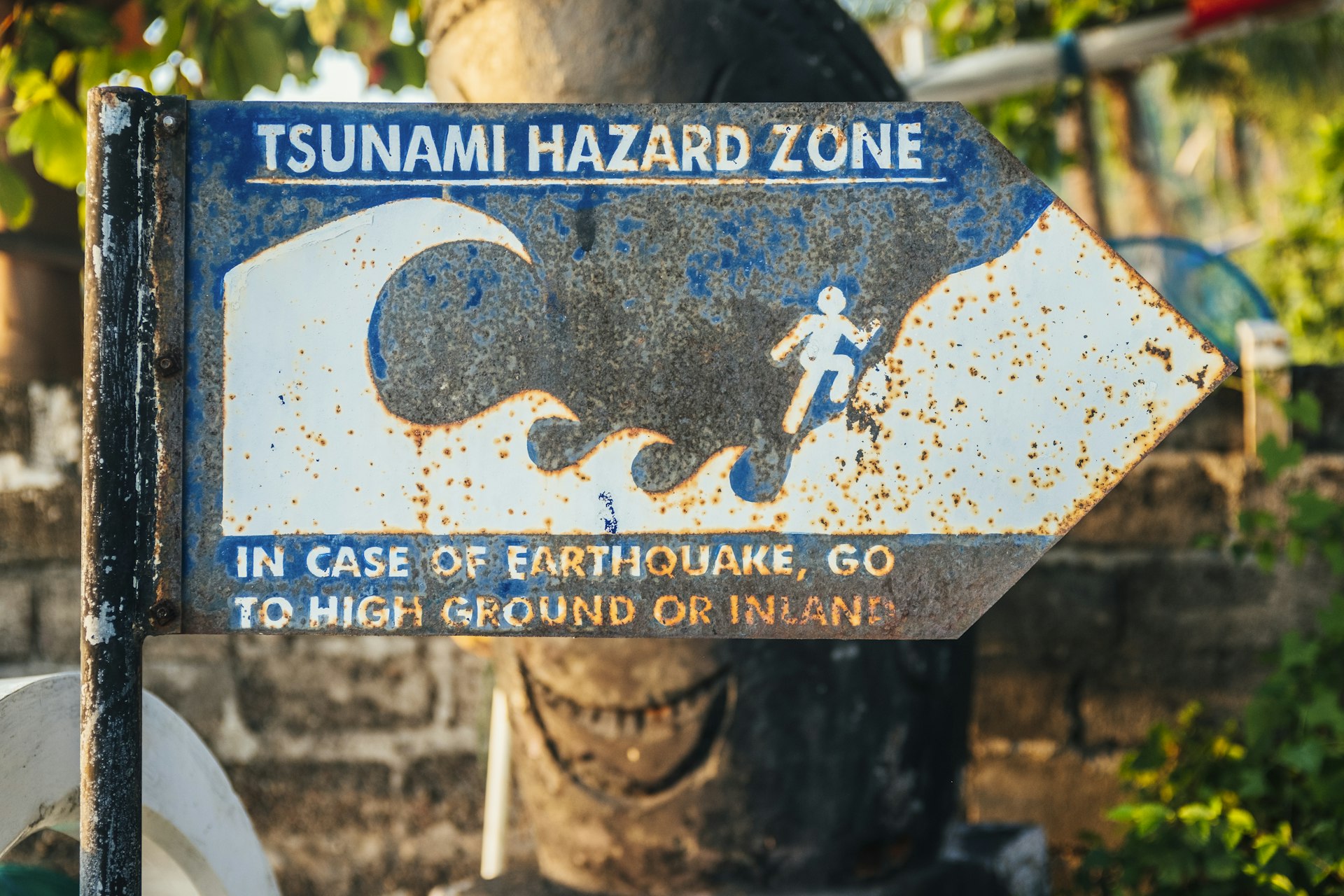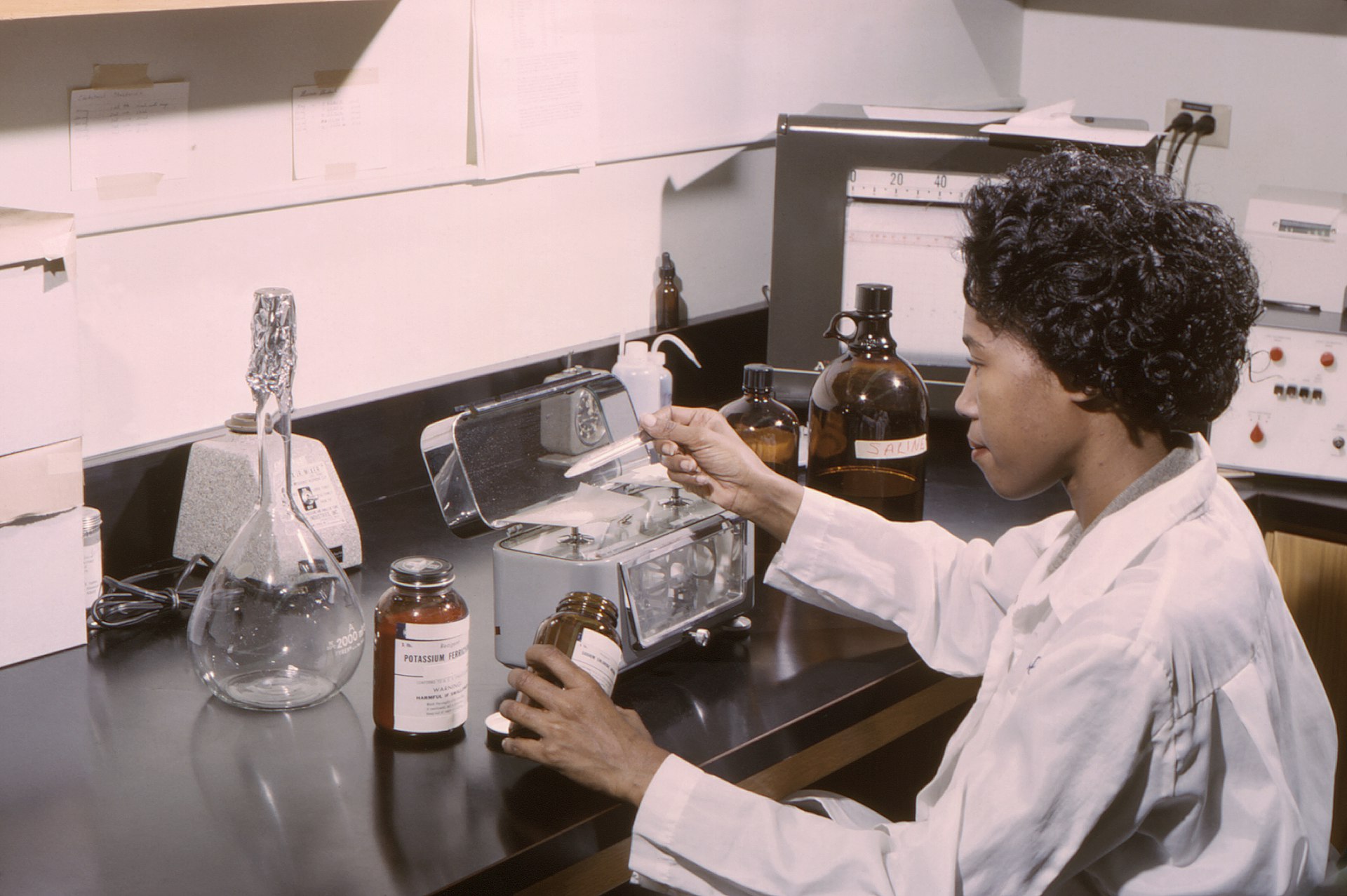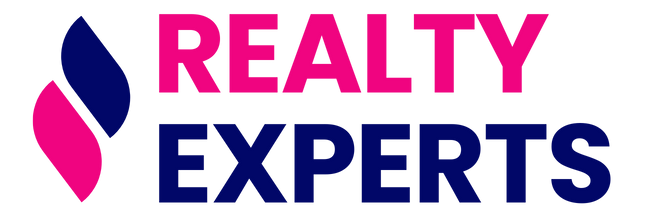Unlocking Career Potential: Opportunities with a Bachelor’s in Science

Photo by CDC on Unsplash
Introduction: Your Science Degree as a Launchpad
A Bachelor’s in Science opens doors to a diverse spectrum of careers-spanning healthcare, technology, business, research, the environment, and beyond. Whether you dream of working in a laboratory, leading a team, or developing cutting-edge software, this foundational degree equips you with analytical skills and technical knowledge sought by employers across industries. Understanding your options and how to access them is key to turning your degree into a rewarding career.
Major Career Pathways for Bachelor of Science Graduates
Graduates with a science degree can pursue roles in numerous fields. The following sections break down several prominent pathways, each with actionable steps for entry and advancement, backed by real-world examples and guidance for finding opportunities.
1. Healthcare and Life Sciences
Overview: Many science graduates find fulfilling roles in healthcare, ranging from clinical practice to research and administration. While some healthcare roles (like physician or dentist) require advanced degrees, numerous positions are accessible with a bachelor’s alone.
Entry-Level Roles: Laboratory technician, clinical research assistant, pharmaceutical sales representative, biology teacher, genetic counselor (with additional certification), environmental health specialist.
Steps to Pursue:
- Research employers in your region-hospitals, research labs, pharmaceutical firms, public health agencies.
- Apply for internships or entry-level jobs through job boards such as Indeed and professional association websites.
- Network with professionals using platforms like LinkedIn and consider informational interviews to gain insights into specific roles.
Example: A graduate with a biology degree could start as a laboratory technician, gaining hands-on skills while considering graduate studies for advancement to roles like physician assistant or genetic counselor [1] .
Challenges: Some roles require certification, licensure, or further study. Research requirements early and consult with your college’s career center for guidance.
Alternatives: Consider related fields such as healthcare administration or health education, which may require additional coursework but often only a bachelor’s degree.
2. Technology and Computer Science
Overview: The tech sector is a major employer for science graduates, especially those with computer science backgrounds. Roles span software development, data management, IT support, and digital design.
Entry-Level Roles: Software developer, database administrator, web developer, IT project manager, technical support specialist, CAD operator.
Steps to Pursue:
- Build a portfolio of relevant academic and independent projects to showcase technical abilities.
- Participate in coding bootcamps or online courses to supplement your degree-search for “accredited coding bootcamps” or explore MOOCs from platforms like Coursera or edX.
- Search job boards such as Indeed for entry-level positions, and network in tech communities online and in-person.
Example: A graduate in computer science may start as a junior software developer, progressing to senior roles with experience and continuing education [1] .
Challenges: The field evolves rapidly; ongoing learning and adaptability are essential to remain competitive.
Alternatives: Explore roles in data analysis or cybersecurity, which may require specialized certifications but are accessible to science graduates with analytical skills.
3. Environmental and Earth Sciences
Overview: For those passionate about the environment, a science degree provides opportunities in research, policy, conservation, and environmental consulting.
Entry-Level Roles: Environmental scientist, conservationist, environmental technician, hydrologist (entry-level), field researcher.
Steps to Pursue:
- Identify organizations of interest, such as government agencies (e.g., EPA), private environmental consultancies, or nonprofit conservation groups.
- Pursue internships or volunteer experiences to gain practical skills; search for “environmental science internships” on reputable job boards.
- Connect with local environmental groups or attend professional conferences for networking and mentorship.
Example: Graduates with degrees in environmental science may begin as field technicians, collecting data on pollution or assisting with environmental impact assessments, with potential to move into research or policy roles [3] .
Challenges: Advancement may require a master’s degree or specific certifications. Entry-level positions can be competitive, so practical experience is valuable.
Alternatives: Consider careers in sustainability consulting or environmental education, which often value communication and outreach skills.
4. Business, Finance, and Management
Overview: Science graduates with an interest in business can leverage analytical skills in management, finance, logistics, and consulting. A Bachelor of Science in business administration, for example, lays the groundwork for diverse corporate roles.

Photo by Trnava University on Unsplash
Entry-Level Roles: Business analyst, logistician, financial analyst, sales manager, actuary, market research analyst.
Steps to Pursue:
- Strengthen your quantitative and communication skills through electives, internships, or certificate programs (e.g., in project management or data analytics).
- Use job search engines such as Indeed to identify roles that match your skills and interests.
- Network with alumni through your university’s career center or attend local business association events.
Example: A graduate in business administration may start as a business manager or analyst, gaining experience to move into senior management or consulting positions [1] .
Challenges: Some industries may prefer candidates with business-specific credentials. Consider taking the Certified Business Analysis Professional (CBAP) or similar certifications for advancement.
Alternatives: Fields such as healthcare administration or insurance underwriting often value science backgrounds and offer additional pathways.
5. Research, Academia, and Technical Communication
Overview: Many science graduates pursue research roles in academic, industrial, or government settings. Others become technical writers, educators, or scientific illustrators.
Entry-Level Roles: Research assistant, technical writer, quality control analyst, laboratory coordinator, science teacher.
Steps to Pursue:
- Seek undergraduate research experiences or teaching assistantships to build your resume.
- Contact faculty members, local schools, or research labs for job shadowing or volunteer opportunities.
- Explore graduate programs if you intend to advance in academia or research.
Example: A graduate may work as a research assistant in a university lab, then pursue a master’s or PhD for a career in academia [2] .
Challenges: Advancement in academia usually requires graduate study. Technical writing roles may require a portfolio of writing samples.
Alternatives: Consider science communication or outreach, working with museums, media, or nonprofits to share scientific knowledge.
Practical Steps to Launch and Advance Your Career
To maximize your degree’s value, approach your career search systematically:
- Identify Your Interests: Reflect on the courses and experiences that engaged you most. Use college career services for assessments and guidance.
- Gain Experience: Pursue internships, research assistantships, and volunteer roles. Experience is often as important as GPA.
- Build a Professional Network: Attend career fairs, join professional organizations, and connect with alumni. Informational interviews help clarify career paths and expectations.
- Customize Your Application Materials: Tailor your resume and cover letter for each job. Highlight relevant coursework, skills, and experiences.
- Continue Learning: Stay current by taking online courses, attending webinars, or obtaining certifications.
- Consider Graduate Study: For some roles (e.g., physician, researcher, or specialized analyst), a master’s or doctoral degree may be required. Research programs carefully and consider work experience before applying.
Accessing Opportunities: Where and How to Search
To find jobs relevant to a Bachelor’s in Science, use a combination of online job boards, university career centers, and professional associations. Verified job search platforms such as Indeed and ZipRecruiter offer thousands of listings for science graduates nationwide. Consider searching for internships and entry-level positions using phrases like “bachelor of science jobs,” “entry-level science careers,” or “science internships.” Your university’s career development office may also host exclusive job fairs and have job boards tailored to your field [2] .
For further guidance, you can:
- Schedule appointments with career advisors at your college’s science center.
- Use LinkedIn or university alumni networks to conduct informational interviews with professionals in your area of interest.
- Attend professional association meetings or conferences related to your desired field.
If you’re interested in government positions, search for “USAJOBS” (the official federal jobs portal) or the relevant state government jobs board. For nonprofit or environmental roles, check organizations like the National Audubon Society or local conservation groups. Always verify the legitimacy of job postings and never share sensitive information with unverified sources.
Key Takeaways and Next Steps
A Bachelor’s in Science is a flexible, powerful credential that can lead to rewarding careers in a variety of industries. Success involves identifying your interests, gaining practical experience, and leveraging available resources. Stay curious, build your network, and continue developing your skills to unlock the full potential of your degree.
References
MORE FROM realtyexperts.ai













